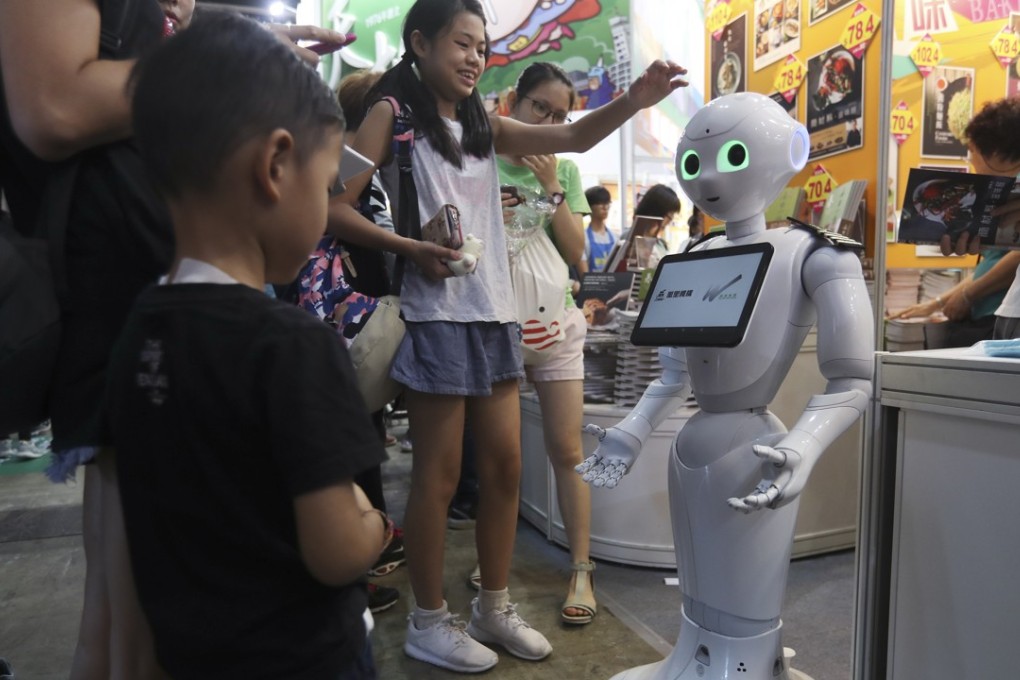Hong Kong’s schoolchildren are being left defenceless against the robot onslaught on future jobs
Kelly Yang fears that, with creativity and soft skills neither fostered nor rewarded in a test-focused system, the city’s children will be left without the tools necessary to survive in the age of AI

If there’s one thing Asian schools excel at training kids to do, it’s copious amounts of boring, repetitive tasks. Here in Hong Kong, schoolchildren are given tremendous amounts of homework at very young ages. The assignments are not creative. They do not call for innovative or imaginative thinking. They are simply busy work – designed by educators from decades ago to keep children occupied and prepare them to be good followers.
If you’ve talked to a Hong Kong child recently, you might have noticed that they seem different during the summer. They don’t look quite as defeated – one might even say they look happy. That’s because they’re out of school, and not subject to the daily mountain of mindless homework.
There used to be a time when such homework served a purpose. It instilled in children a good work ethic, time management skills, the ability to sit at a desk and perform a task, however boring, for hours on end. That used to be what companies looked for in employees. But, increasingly, machines are able to do that better than us humans.
Watch: Will AI replace all human jobs?
As artificial intelligence surges in computing power (expected to surpass that of human brains in 2040), we have to face facts. We’re never going to outcompete robots on work ethic, time management, or anything that involves crunching numbers or knowing facts, codes or rules.